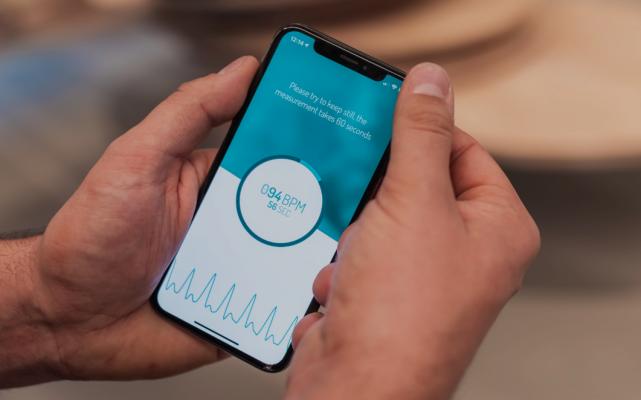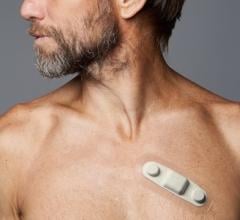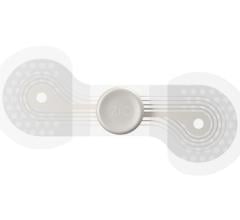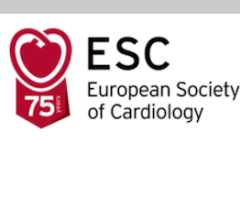
More than 60,000 from the general population in Belgium were screened for AFib using only a smartphone app in the DIGITAL-AF II study. The study used the FibriCheck app found 791 participants has measurements indicative for AF.
May 13, 2019 — A digital screening for atrial fibrillation (AFib or AF) successfully monitored more than 60,000 participants from the general population in Belgium using only a smartphone. The results of the late-breaking DIGITAL-AF II study were presented at Heart Rhythm 2019, the Heart Rhythm Society's 40th annual Scientific Sessions.
The study demonstrated the feasibility of collecting data in a scalable, controlled and cost-effective way. The results of the trial produced a relevant yield of new AF patients without over-consuming healthcare resources.
AF affects more than 33.5 million adults each year globally and this number is expected to continue to rise.[1] This means that the number of patients recommended to screen, aged 65 years and older, will reach an unprecedented volume resulting in unforeseen demands on the healthcare resources. Novel technologies are emerging, such as smartphone APPS that use pulse-plethysmography (PPG) through the camera that make it easier for patients to screen and collects digital results that physicians can track without a visit to the hospital.
All participants had a smartphone and gained access to the app (CE/FDA-cleared; FibriCheck by Qompium) by scanning a QR code distributed via pre-existing communication channels including newspapers throughout Belgium and were instructed to measure heart rhythm twice daily and when experiencing symptoms, for an eight-day monitoring period. After recording their symptoms, each measurement was classified as regular rhythm, possible AF, irregular rhythm or insufficient quality. To ensure high diagnostic accuracy, all irregular measurements were analyzed by medical technicians under supervision of cardiologists. After eight days, all participants received a report with a conclusion and a copy of their rhythm traces.
During the two-week trial, 62,821 participants were enrolled in the digital AF screening, and 61,730 participants completed the monitoring period resulting in a database of 588,282 60-second PPG-traces. Results revealed that 791 participants (or 1.3 percent) performed measurements indicative for AF. The average age of the AF group was 61.9 ± 10.9 years, and 75.9 percent was male. Within the AF group, 72 percent of patients did not experience symptoms. There were 210 patients (or 27 percent) with persistent AF, all detected on the first PPG-measurement. There were 581 patients (or 73 percent) that had paroxysmal AF, with 111 detected on the first PPG-measurement.
"It's fascinating to see the impact that PPG technology is having on clinical practice. Using digital tools in a very structured way enables us to outpace any other traditional methodology to screen or prescreen patients and guide them into an appropriate care pathway," said lead author Tine Proesmans, MASc, Mobile Health Unit, Hasselt University in Belgium. "Using digital technology only, we were able to reach a large population very quickly and collect clinically meaningful and actionable data, without the need for medical infrastructure. Patients also benefit by having the flexibility to take measurements anytime, anywhere, and at a fraction of the cost."
The results presented at Heart Rhythm 2019 build on the initial data set presented in 2018 at the ESC Congress and shows the feasibility of mass screening for a significantly larger, general patient population.
The authors of this study will continue with phase two of the trial and distribute follow-up questionnaires to the participants that will MAP the decision-making process of screening- positive participants and their physicians. They will also assess the impact of the screening at various time intervals after reporting. In future trials, they hope to expand their trial outside of Belgium and continue to increase the patient screening population.


 December 19, 2025
December 19, 2025 









